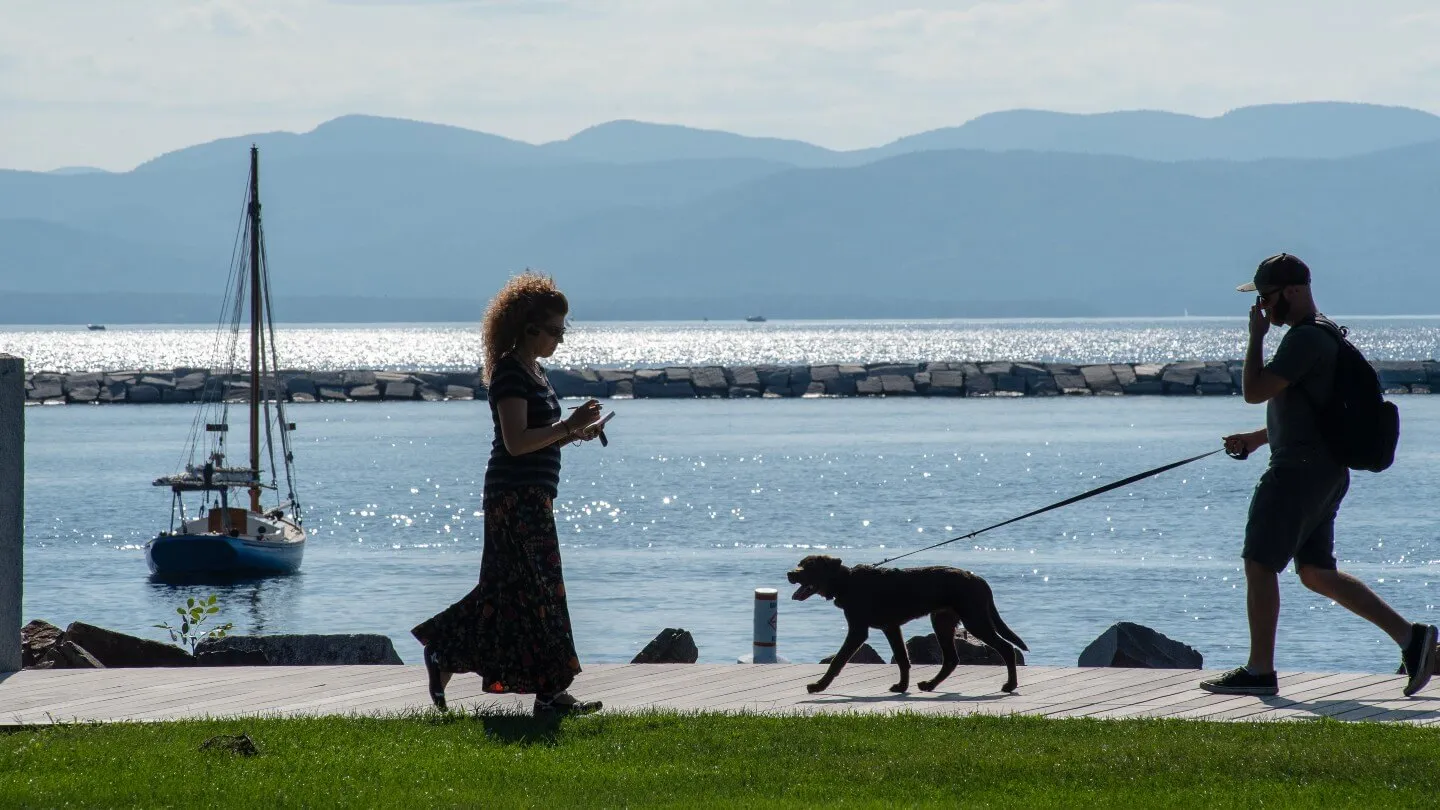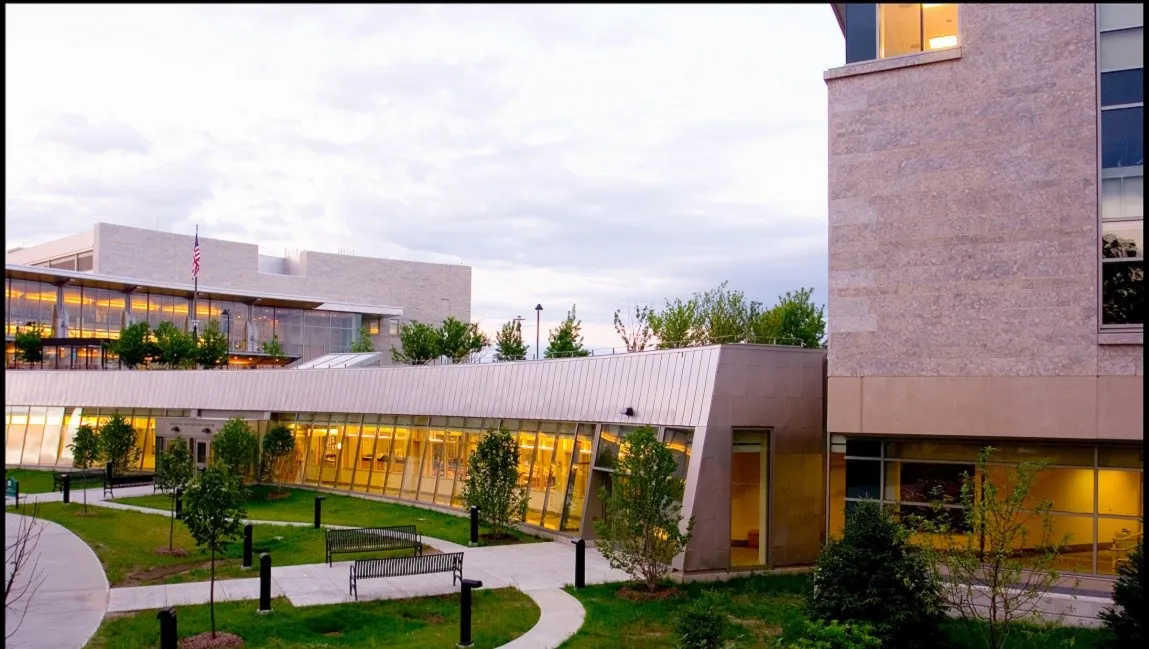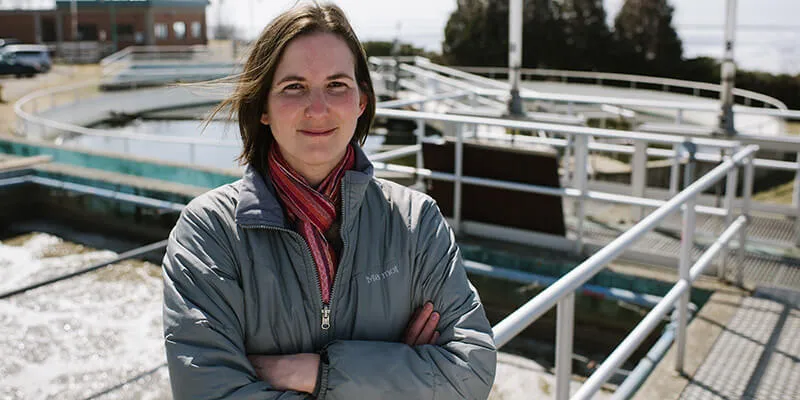This spring, CNHS health professions students and faculty gathered for an event focused on the future of health—for both people and the planet. Organized by CNHS Interprofessional Education Director, Clinical Assistant Professor, and Family Nurse Practitioner Holly Whitcomb, along with Larner College of Medicine Professor Karen Lounsbury, the event featured a keynote address by Christine Vatovec, UVM Osher Center’s Planetary Health Lead and Clinical Assistant Professor in CNHS’s Integrative Health program. Vatovec shared critical insights on Earth’s vital signs, including the role that healthcare plays in planetary health, and called health professionals to action.
“Humanity is causing damage to the Earth’s natural systems. This damage is leading to planetary-scale changes that have ramifications for human health and well-being,” said Vatovec. “There is a better way forward, and healthcare has an important role to play.”
Vatovec encouraged health professions students and healthcare providers to take three important steps toward meaningful change in healthcare:
- Be ready to tackle health issues linked to the environment.
- Understand how healthcare affects the planet and use this knowledge to provide quality care that also benefits the environment.
- Adopt a Whole Person approach to health that promotes behaviors, programs, and policies that have better outcomes for people and planet, such as plant-based diets and active living.
“Implementing integrative healthcare, which combines standard care with evidence-based complementary therapies by focusing on a person’s physical, mental, social, spiritual, and environmental well-being rather than isolating physical symptoms of disease, can also improve individual health and benefit the planet by reducing reliance on medications and time spent in healthcare,” said Dr. Vatovec.
During the Interprofessional Education event, students of medicine, nursing, physical therapy, occupational therapy, social work, and more worked through two case studies together, identifying how an interprofessional team could best work together to provide quality patient care while also examining connections to planetary health. In one case, students discussed how an interprofessional team could work together to treat and prevent future exacerbations of chronic obstructive pulmonary disease when air quality is impacted by wildfire smoke—an occurrence that is increasingly common as the global average temperature rises. In a second case, students discussed how an integrative, Whole Person approach to care established for a person at age 40 could lead to better health outcomes, a more active lifestyle, and fewer medications at age 85, and compared the planetary health outcomes of care between a Whole Person approach and standard care. Initial feedback from students suggested that the event was very well received.
"Interprofessional education fosters collaboration, communication, and mutual respect among health professions students, equipping them with the skills to provide comprehensive, patient-centered care and improve health outcomes,” said Whitcomb. “At UVM, we have a unique opportunity to unite various professional programs throughout the year. This event, like the others offered during the academic year, showcased the importance of IPE and its application to the many challenges and opportunities we face together as healthcare professionals.”
“At its core, Planetary Health is about protecting the things we love,” said Vatovec.
This story is an example of the work of the University of Vermont Planetary Health Initiative, which supports research and education related to the link between the health of human societies and the environment and fosters innovative approaches toward a healthier future for people and planet.


